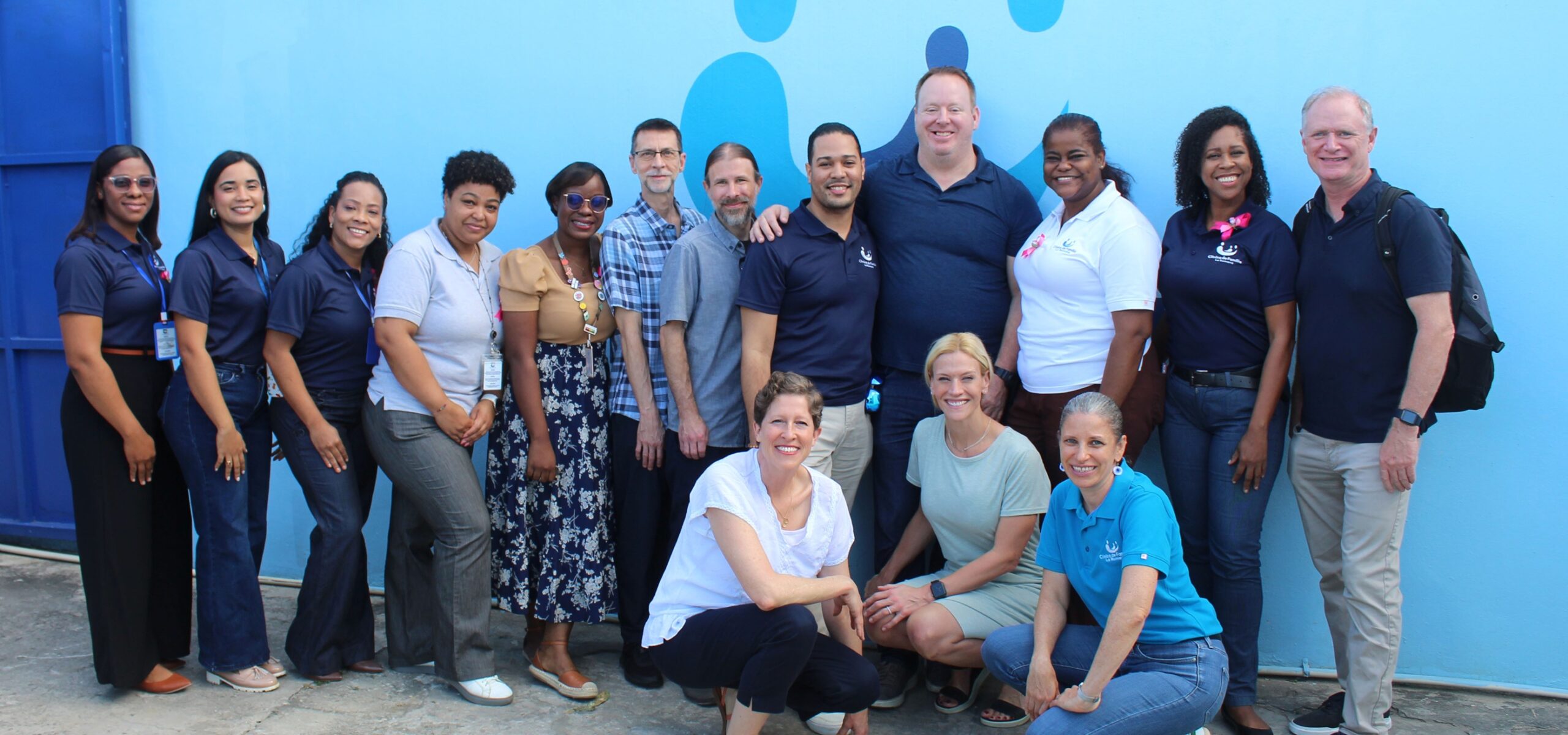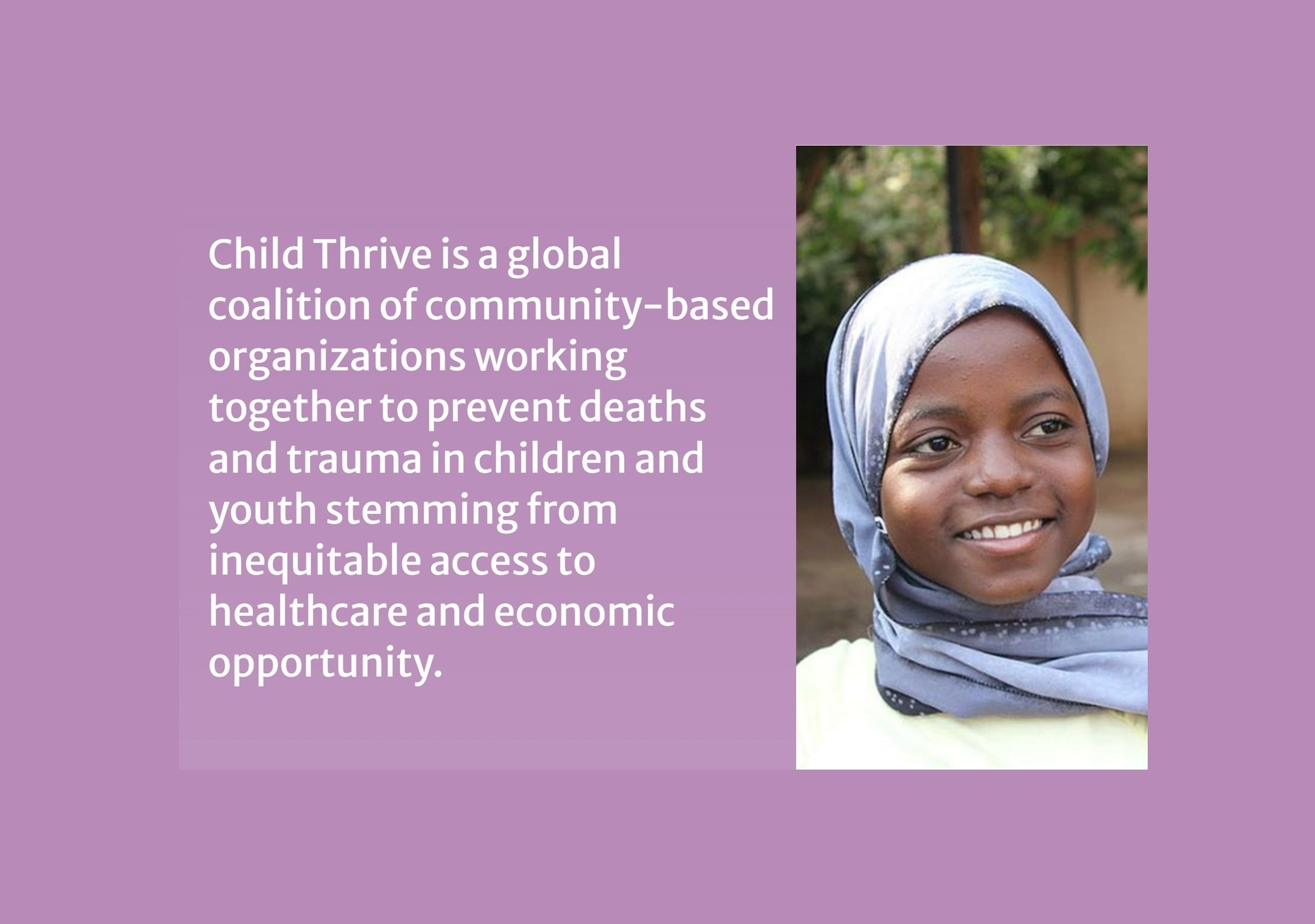
Research-Aid Networks is pleased to be a partner of the Child Thrive Coalition, led by Children’s Place International.
As they describe, Child Thrive is a global coalition of community-based organizations working together to prevent deaths and trauma in children and youth stemming from inequitable access to healthcare and economic opportunity. Globally, an estimated 5.9 million children die each year from highly preventable and/or treatable diseases, with a disproportionate number occurring in low- and middle-income countries. The five-year survival rate of children with cancers, for example, is more than 80% in wealthy countries but less than 33% in Sub-Saharan Africa. Similar survival gaps persist for other highly treatable conditions.
Children’s Place International co-created the Child Thrive Coalition to bring together the efforts of six highly impactful organizations (and counting) located in the Caribbean, Africa, and the United States to jointly advocate and secure urgently needed resources to prevent child mortality and suffering, as well as to create a pathway out of poverty for children and teens who have regained their health. The Coalition facilitates joint advocacy, resource sharing, innovations, and lower acquisition costs of critical program expenses through scale. Projects are community-designed and -led to provide sustainable support through young adulthood using a whole family approach. Child Thrive currently reaches over 9,000 young people and their families each year in the Dominican Republic, Haiti, Tanzania, Kenya, and Chicago, USA.

Research-Aid Networks works within the Coalition by bringing research expertise, capacity, and training, where needed, to individual community partner organizations and to the Coalition as a whole. Working with these individual partner organizations, we assess their research capacity and needs, identify how we can best serve their needs, as well as their community’s needs. Our collaborative actions include providing services such as analysis of existing data, developing research training programs to enhance locally-owned research capacity, and developing data harmonization that can be used across the different Coalition partners.


